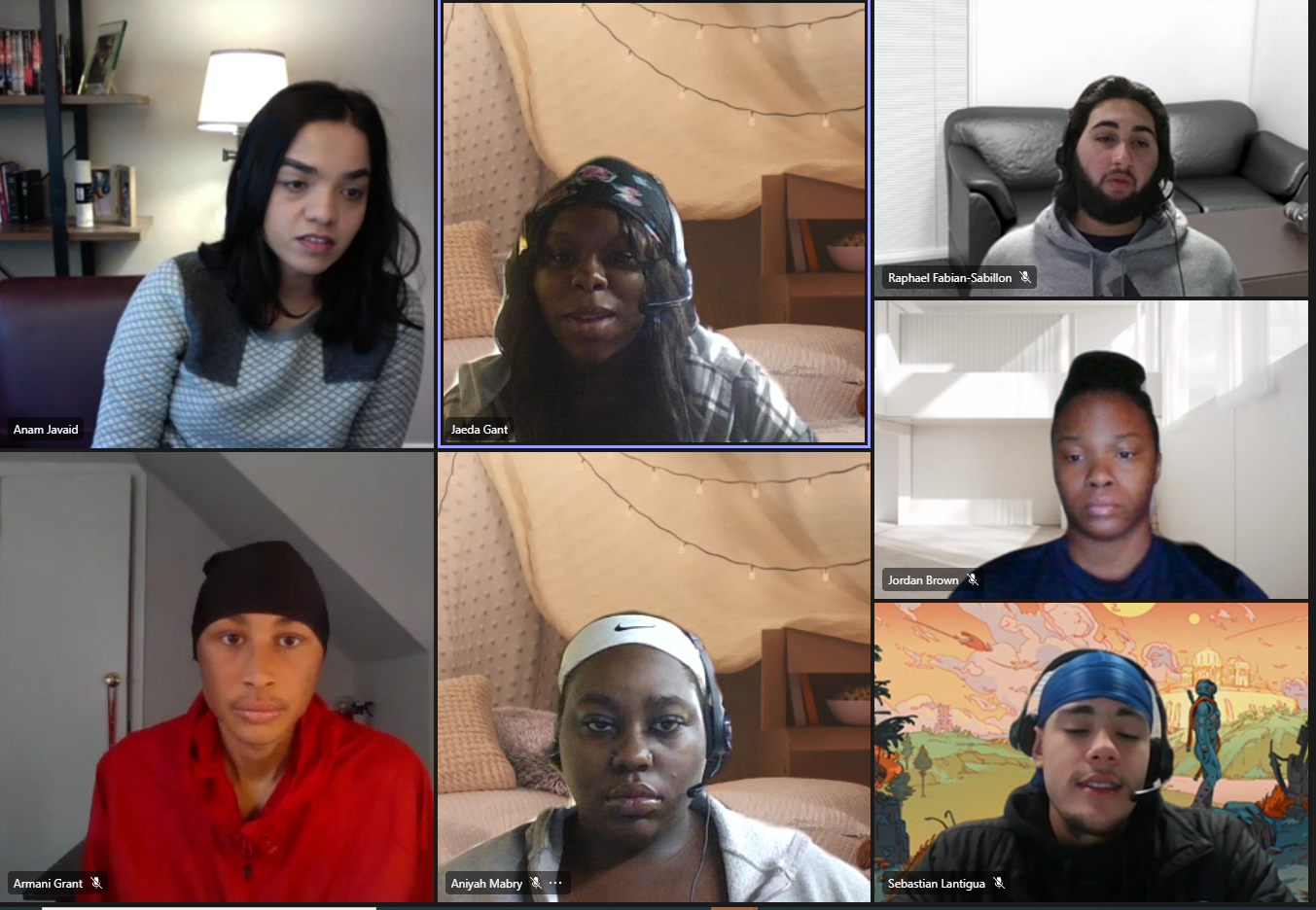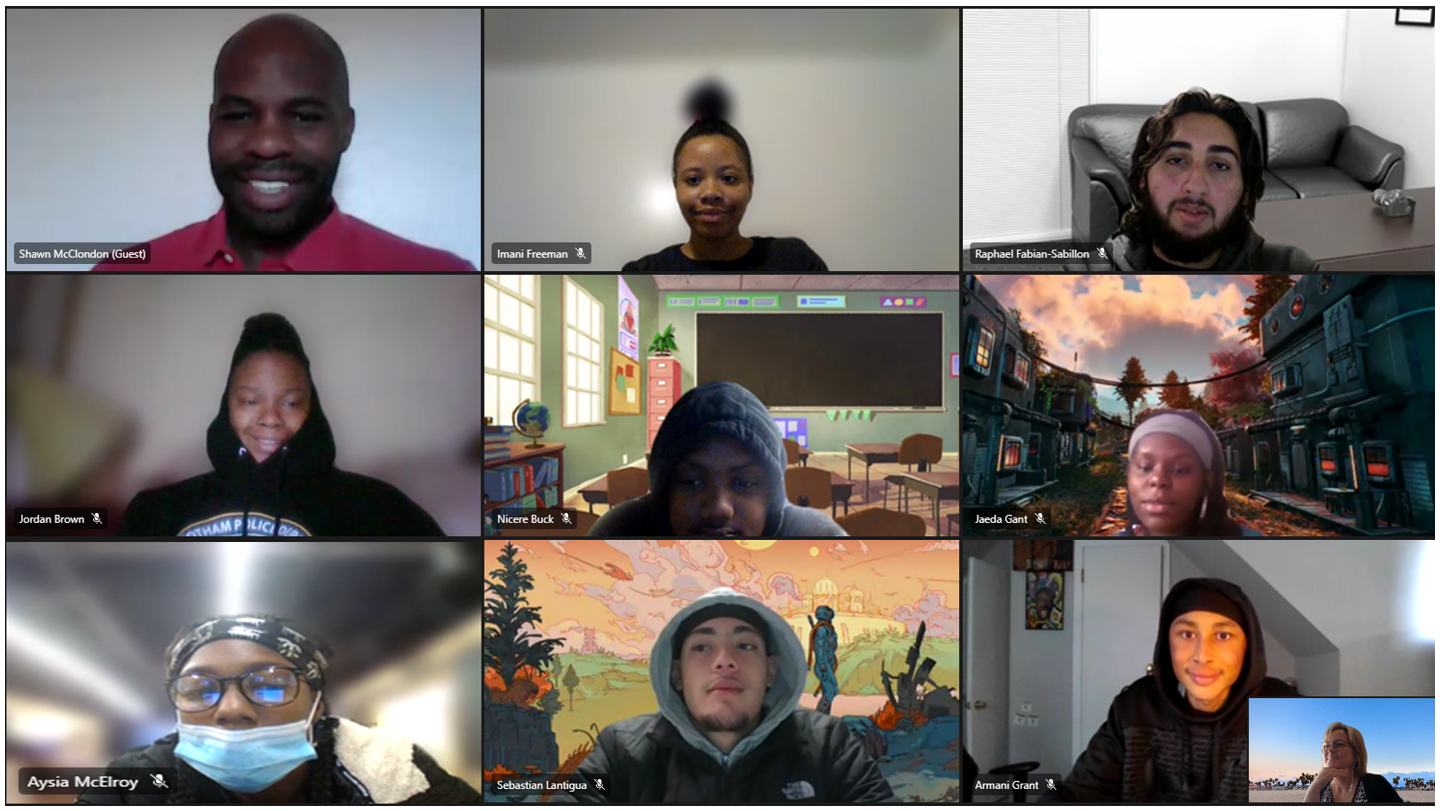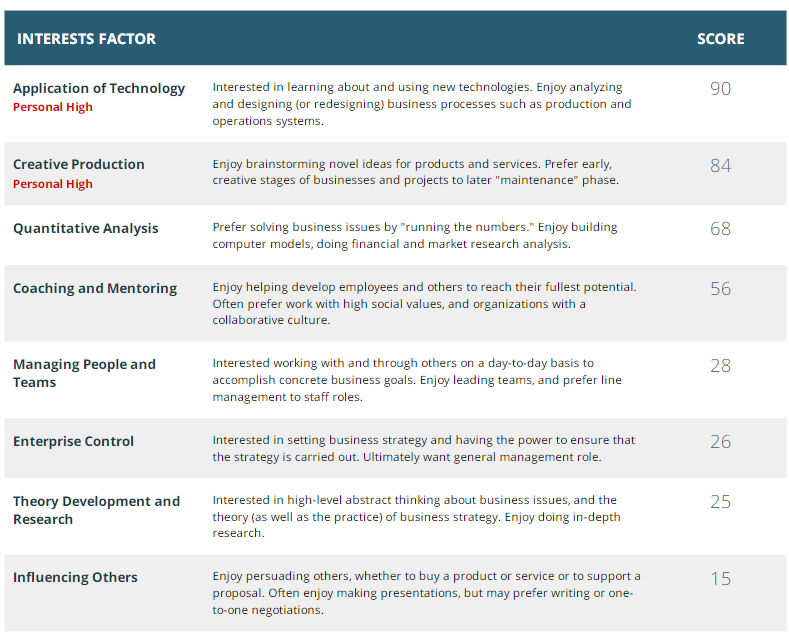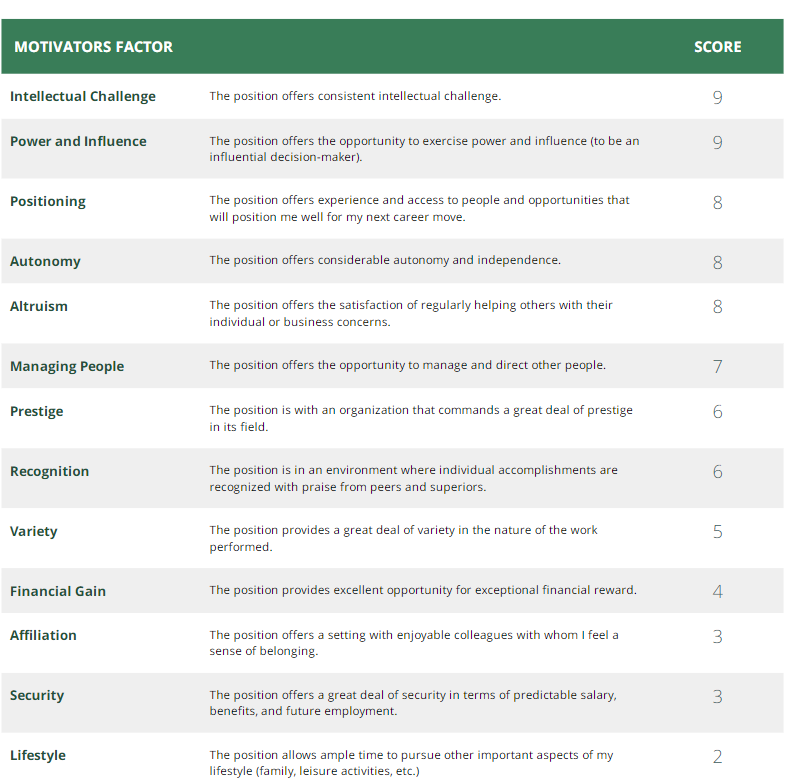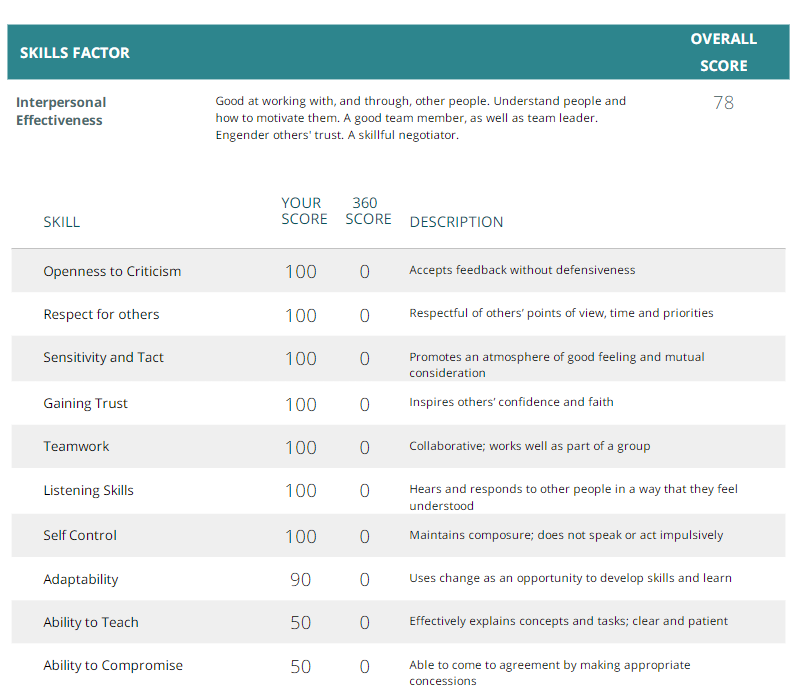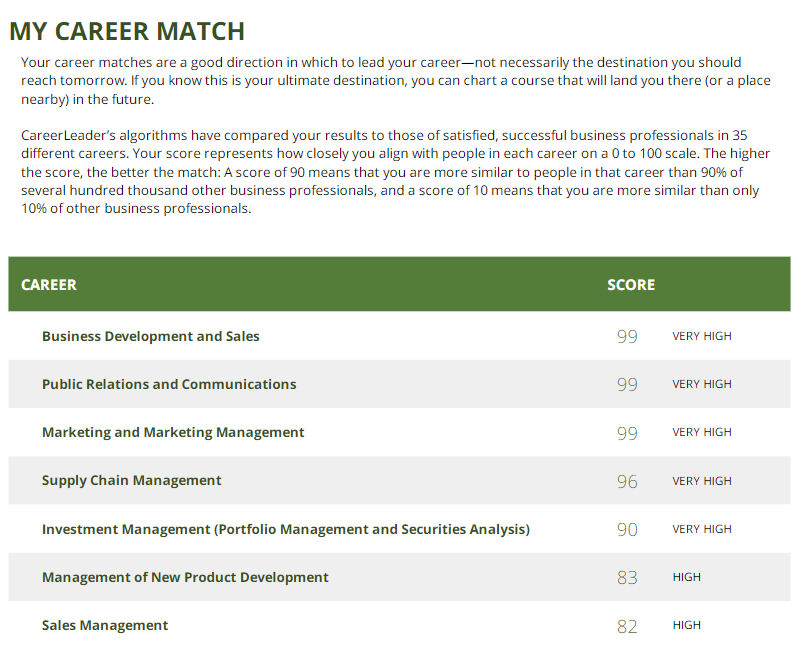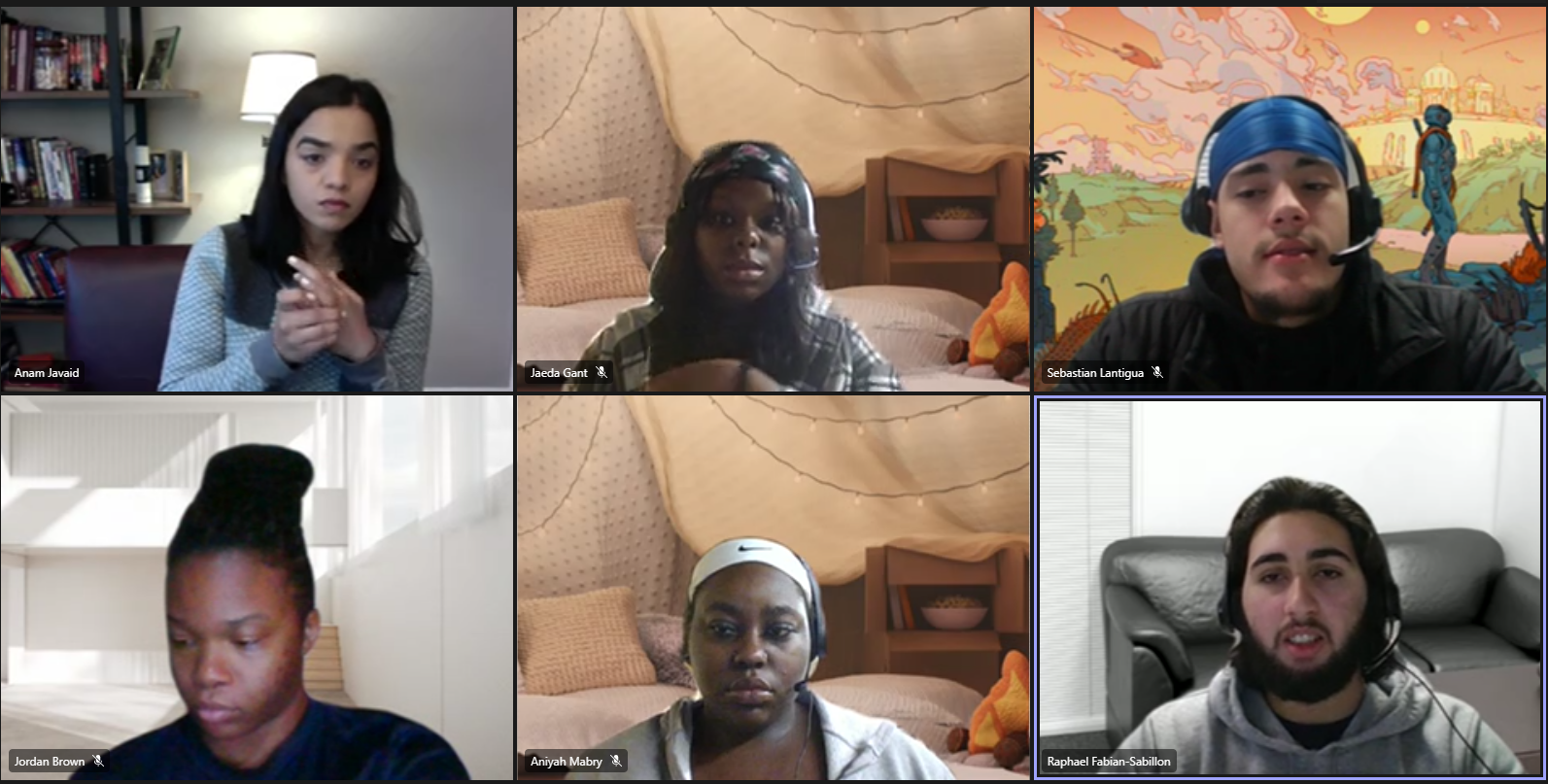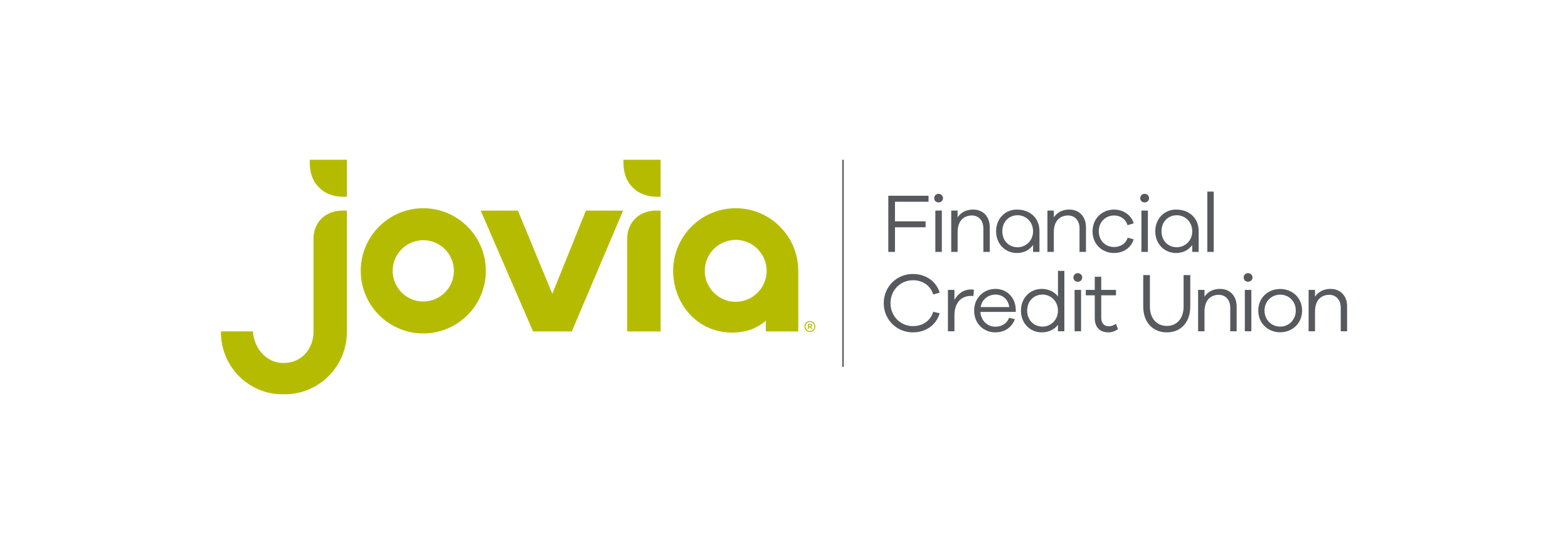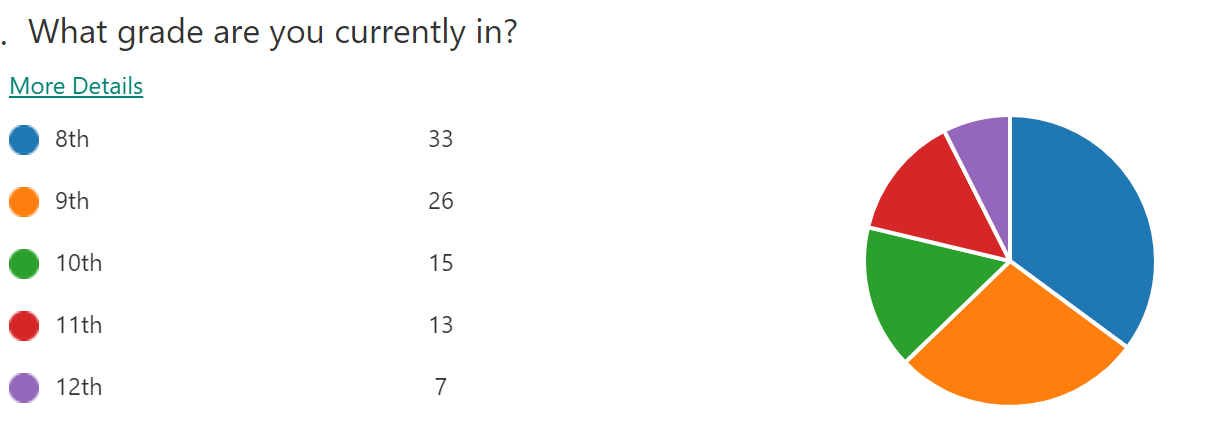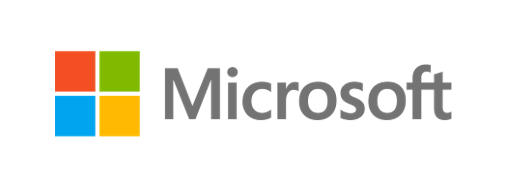For over a decade, the We Connect The Dots, Inc annual Hackathon has introduced young people to software development, and to something even bigger: the mindsets and skills today’s modern workforce demands. As we kick off this year’s event, we’re inviting students - ages 13 to 18 - parents, educators, employers, and community leaders to join us in shaping a resilient, future-ready talent pipeline. We expand the presence of Artificial Intelligence each year, and this year we go further: students will learn to work with AI like a reliable teammate—to brief it, pair with it, check its work, and use it to accelerate high-quality results.
Why this matters now
Technology is moving faster than traditional education can keep pace. We hear it everywhere—classrooms, boardrooms, living rooms, and workforce boards: education vs. training is no longer an abstract debate. Graduates struggle to land roles without real-world experience. Families shoulder rising tuition debt. Employers need contributors who can learn quickly, collaborate across disciplines, and solve complex problems.
Add the acceleration of AI, and the stakes are even higher. The question isn’t just “Can students code?” It’s “Can they think critically, adapt, communicate, and keep learning when the playbook changes?”
Tech—and work itself—now moves at AI speed. Employers need contributors who can think critically and collaborate with AI to research faster, prototype smarter, communicate clearly, and make ethical decisions. The question isn’t “Can students code?” It’s “Can they lead a mixed human–AI team to solve real problems?”
Our answer: immersive, team-based learning with AI as a teammate
The Hackathon is more than coding. It’s an immersive environment where participants learn → apply → get feedback → iterate while practicing AI collaboration in every sprint. Students treat AI as a junior teammate they must brief, direct, and review—building judgment, leadership, and quality standards. Working on real projects in real teams. It’s a safe space to experiment, make mistakes, and grow.
We anchor projects in the United Nations Sustainable Development Goals (UN SDGs) to encourage participants to think globally and act locally. Teams identify a problem they care about, research its impact, and design a solution, culminating in a website or prototype that brings their concept to life.
Real roles, real AI workflows
We design the scope so learners can try multiple paths—each with concrete AI tasks:
Product & Leadership (CEO/PM): draft a problem brief with AI, turn user stories into sprint tasks, run standups with an AI-generated checkpoint list, and write a demo script.
Software Developer: pair-program with AI to scaffold components, generate tests, and refactor; use AI for code review and documentation; compare outputs to a team style guide.
UX/UI & Content: use AI to transform sketches into wireframe copy, run quick user-story “what if” tests, and create accessible alt text and microcopy.
Research & Impact: synthesize SDG data with citations, build an AI-assisted impact statement, and pressure-test assumptions with “red team” prompts.
Marketing & Storytelling: generate audience personas, iterate messaging, storyboard a 60-second video, then polish with human voice and brand tone checks.
The Hackathon “AI Playbook” (what we teach explicitly)
Brief like a boss: context → goal → constraints → format → success criteria.
Verify everything: require sources, run a second-model sanity check, and test outputs.
Quality gates: AI can draft; humans approve. Nothing ships without teammate review.
Ethics & safety: cite sources, avoid deepfakes, protect privacy, respect licensing.
Efficiency without shortcuts: use AI to accelerate learning, not replace it.
What participants gain
AI collaboration skills: prompt engineering, chain-of-thought scaffolds, critique loops, and model-to-model cross-checks.
Portfolio evidence: a shipped project plus a short AI Collaboration Log (prompts used, decisions made, quality checks) that colleges and employers love.
Career clarity: try leadership, dev, design, research, and marketing—with AI in the loop.
Resilience & mindset: practice our learn-apply-iterate loop and build confidence working with new tools.
What sponsors gain
Workforce readiness you can measure: participants demonstrate AI-aware workflows, code + test coverage, and rubric-based delivery.
Early access to future hires: meet students who can already brief, direct, and QA AI.
Community impact: scale opportunity while elevating ethical, responsible AI use.
What partners gain (schools, nonprofits, employers, civic orgs)
A repeatable, AI-aware model: complements curriculum and training without replacing them.
PD for adults: educators and mentors learn current AI practices alongside students.
Cross-sector collaboration: align education, industry, and government around shared outcomes.
How the Hackathon works
Challenge framing: learn the UN SDGs; choose a local problem.
Team formation: assign human roles and define AI tasks for each role.
Build & learn: short instruction bursts → team sprints with AI collaboration → mentor coaching.
Deliverable: website/prototype plus an AI Collaboration Log and impact summary.
Showcase & feedback: judges score against a transparent rubric (solution quality, teamwork, AI use & verification, SDG impact).
Join us
Students & Parents: Ready to stretch your skills? Build confidence, learn AI tools, and solve meaningful problems with fellow students! → Apply to participate
Sponsors: Fuel opportunity, strengthen your hiring pipeline, and back ethical AI education with measurable outcomes. → Become a sponsor
Partners (schools, nonprofits, employers): Bring the Hackathon to your community or integrate it with your programs. → Partner with us
Let’s build a resilient, inclusive, AI-ready workforce—together.










